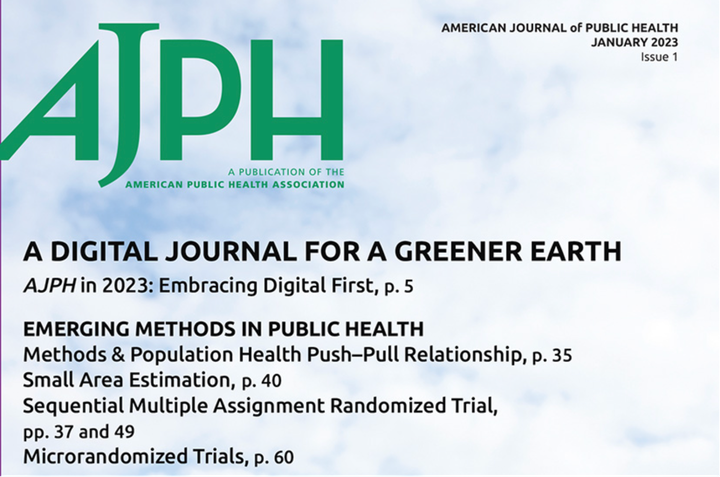Microrandomized Trials: Developing Just-in-Time Adaptive Interventions for Better Public Health
 Image credit: Unsplash
Image credit: Unsplash
Abstract
Just-in-time adaptive interventions (JITAIs) represent an intervention design that adapts the provision and type of support over time to an individual’s changing status and contexts, intending to deliver the right support on the right occasion. As a novel strategy for delivering mobile health interventions, JITAIs have the potential to improve access to quality care in underserved communities and, thus, alleviate health disparities, a significant public health concern. Valid experimental designs and analysis methods are required to inform the development of JITAIs. Here, we briefly review the cutting-edge design of microrandomized trials (MRTs), covering both the classical MRT design and its outcome-adaptive counterpart. Associated statistical challenges related to the design and analysis of MRTs are also discussed. Two case studies are provided to illustrate the aforementioned concepts and designs throughout the article. We hope our work leads to better design and application of JITAIs, advancing public health research and practice.